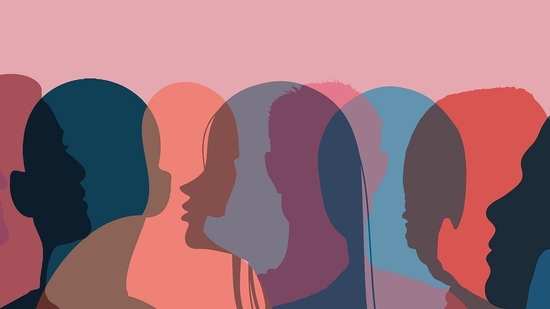The hidden barrier to gender equity
This article is authored by Lebogang Zulu.
Women’s empowerment has long been at the forefront of global development conversations, forming the foundation of Sustainable Development Goal 5 (SDG 5), which seeks to achieve gender equality and increase women’s participation in leadership. While substantial progress has been made, an often-overlooked challenge is the divisiveness among women in leadership—a factor that continues to slow meaningful progress.

At forums like the BRICS Chamber of Commerce and Industry (CCI) Women’s Empowerment (WE) Forum, I’ve witnessed extraordinary women who have carved their paths with resilience, determination, and purpose. Their journeys are a testament to the power of women uplifting one another. Yet, beyond the inspiring narratives lies a harsher reality—solidarity is not always guaranteed. Across the world, women in leadership often find themselves in hostile environments, not only battling systemic barriers but also facing exclusion, sabotage, and obstruction from their own peers. Many return home each night burdened with unanswered questions, silent pain, and tears, wondering why sisterhood sometimes feels like an illusion.
· The impact of internal divisiveness on gender equality: Studies consistently highlight the impact of workplace dynamics on women’s advancement. According to the International Labour Organization (ILO), 23% of women in leadership report workplace harassment from other women, affecting career growth and retention. A 2023 McKinsey & Lean In report further found that one in three women in managerial roles feel unsupported by female superiors, leading to fewer mentorship opportunities and stalled professional progression.
The World Economic Forum’s Global Gender Gap Report 2023 estimates that at the current rate of progress, it will take 131 years to close the gender gap. While structural challenges play a significant role, internal competition and a lack of cohesion among women in leadership further widen this divide. Women who should be advocating for each other often find themselves in competitive silos, reinforcing rather than dismantling barriers to success.
· Women against women, a silent but significant obstacle to SDG 5: SDG 5 champions the full participation of women in leadership and decision-making, yet within these very spaces, an unspoken challenge persists—exclusion and gatekeeping among women themselves. Rather than fostering collaboration and collective advancement, some leadership circles have become battlegrounds of silent rivalry, where women not only fight against systemic barriers but also face resistance from their own peers.
The impact extends far beyond the corporate world. It lingers in whispered conversations in hallways, reinforcing narratives that erode the credibility of women’s solidarity. It provides justification for men to question why women fail to uplift one another—or worse, to accept the flawed assumption that women are inherently unsupportive of each other. This is the contradiction we must confront: We take the stage to declare our commitment to women’s empowerment, to denounce the ‘pull her down syndrome’, yet too often, our actions betray our words.
A 2021 UN Women report found that divisiveness among women in politics slows policy implementation on gender-sensitive issues, stalling progress in economic inclusion, education, and social protections. When women fail to advocate for one another, the ripple effect is profound—legislation remains stagnant, opportunities are lost, and the struggle for gender equality is prolonged. The reluctance to collectively push for reforms does not just harm individuals; it weakens the broader movement toward true empowerment.
SDG 5 advocates for the full participation of women in leadership and decision-making roles. Yet, a culture of exclusion and gatekeeping among women leaders remains an unspoken challenge. Rather than fostering collaboration, some leadership spaces become arenas of competition, where women struggle against not just systemic biases but also the reluctance of female peers to extend support.
The effects are felt beyond the corporate world. A 2021 UN Women report found that divisiveness among women in politics delays policy implementation on gender-sensitive issues, affecting areas such as economic inclusion, education, and social protections. The reluctance to collectively push for reforms ultimately slows progress for women across industries.
· A call for self-reflection: While external barriers remain significant, the internal dynamics within women’s leadership circles require deeper reflection. Empowerment is not solely about breaking external glass ceilings; it is also about ensuring that once a woman rises, she lifts others with her. The future of gender equity depends not only on systemic change but also on how women in leadership choose to engage with one another.
This article is authored by Lebogang Zulu, national chairperson, BRICS Women’s Business Alliance South Africa, vice president, India-South Africa Chamber of Commerce, Johannesburg, Gauteng Province, South Africa.
All Access.
One Subscription.
Get 360° coverage—from daily headlines
to 100 year archives.



HT App & Website







